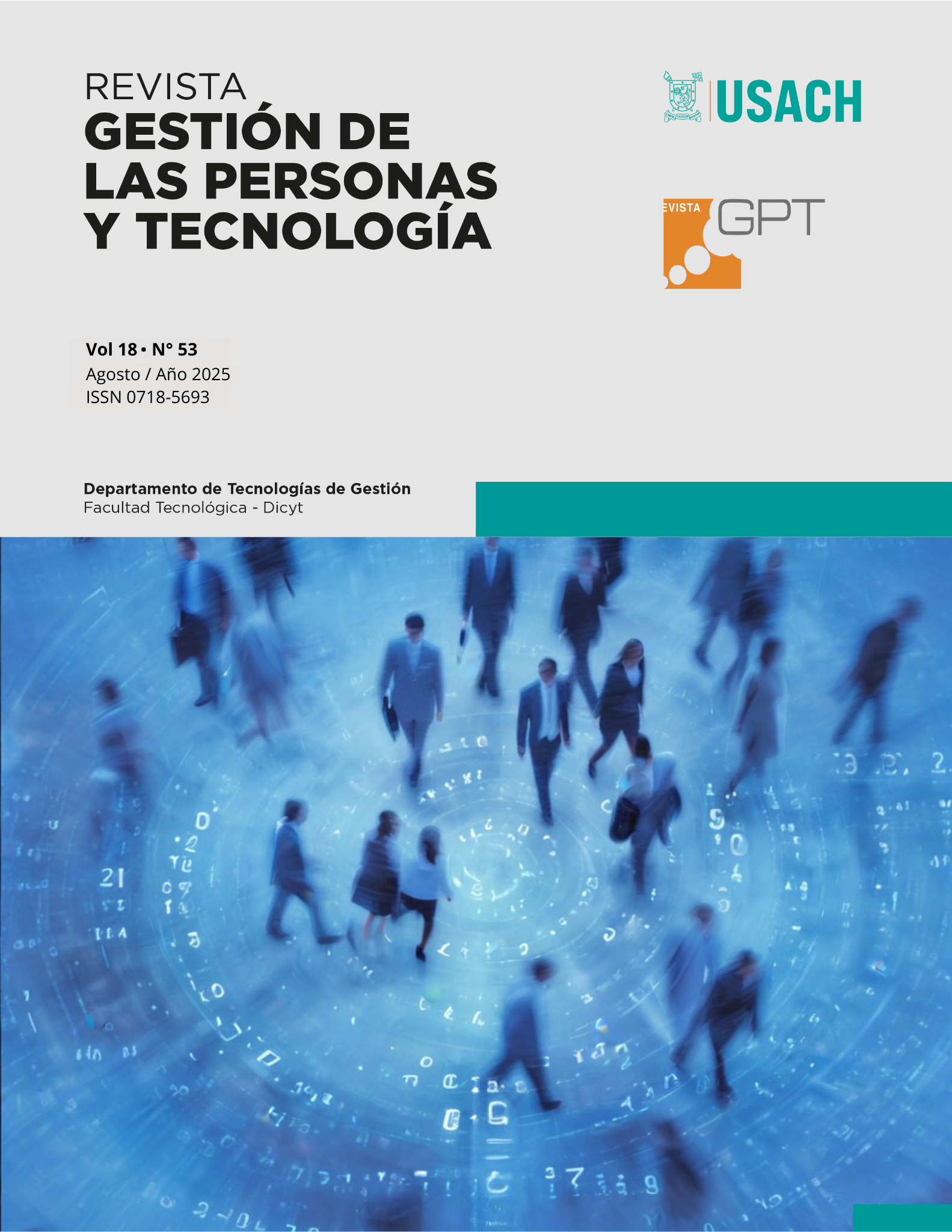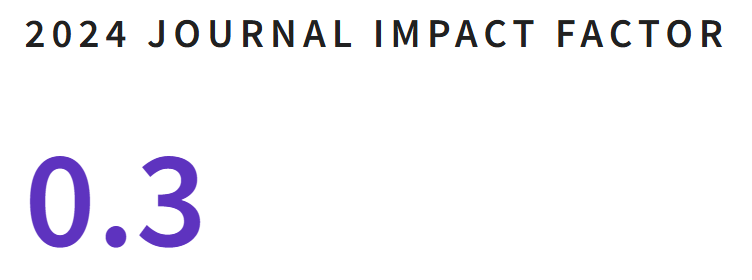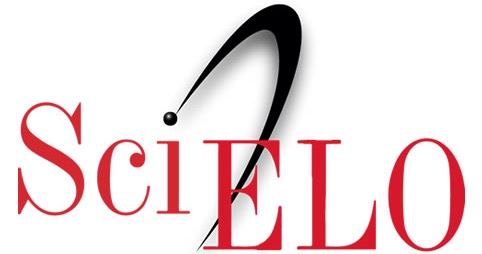Appraisal of academic and research staff by amplification of scores according to their proximity to institutional objectives
DOI:
https://doi.org/10.35588/mfpwd493Keywords:
performance appraisal, academic and research staff, Manhattan distance, similarity metrics, time seriesAbstract
The issue of tension between the individual objectives of academic and research staff and the strategic objectives of the institution in which they work is addressed in this study, to develop a methodology for their appraisal that takes into account both individual objectives, in the context of academic freedom, and the above-mentioned institutional strategic objectives. To this end, a similarity metric is proposed, based on the Manhattan distance, to measure the proximity between individual and institutional objectives, which allows generating an amplification factor for individual scores. The new amplified score can be used to generate work incentives, such as job promotions or financial benefits.
Downloads
References
Aubrey, K. (2018). Generalizing and Transferring Mathematical Definitions from Euclidean to Taxicab Geometry. (Tesis doctoral, College of Arts; Sciences at Georgia State University). https://doi.org/10.57709/12521263
Box-Steffensmeier, J. M., Freeman, J. R., Hitt, M. P. y Pevehouse, J. C. (2014). Time series analysis for the social sciences. Cambridge University Press. https://www.cambridge.org/9780521691550
Columbia University. (2005). Statement on Academic Freedom. First Global Colloquium of University Presidents.
Cuesta-Santos, A. (2021). Tecnologı́a de gestión de recursos humanos. CITMATEL.
Deem, R. (1998). ‘New managerialism’ and higher education: The management of performances and cultures in universities in the United Kingdom. International studies in sociology of education, 8(1), 47-70. https://doi.org/10.1080/0962021980020014
Deem, R. (2001). Globalisation, new managerialism, academic capitalism and entrepreneurialism in universities: Is the local dimension still important? Comparative education, 37(1), 7-20. https://doi.org/10.1080/03050060020020408
Egginton, B. (2010). Introduction of Formal Performance Appraisal of Academic Staff. Educational Management Administration y Leadership, 38, 119-133. https://doi.org/10.1177/1741143209351660
Getzels, J. W., y Guba, E. G. (1957). Social behavior and the administrative process. The school review, 65(4), 423-441.
Gorbaneff, Y., Torres, S. y Cardona, J. F. (2009). El concepto de incentivo en administración. Una revisión de la literatura. Revista de Economı́a Institucional, 11(21), 73-91.
Hoy, W. K. y Miskel, C. G. (2008). Educational administration: Theory, research, and practice (8th ed.). McGraw-Hill.
Kljun, M., Teršek, M. y Štrumbelj, E. (2020, septiembre). A review and comparison of time series similarity measures. https://erk.fe.uni-lj.si/2020/papers/kljun(a_review).pdf
Lhermitte, S., Verbesselt, J., Verstraeten, W. W. y Coppin, P. (2011). A comparison of time series similarity measures for classification and change detection of ecosystem dynamics. Remote sensing of environment, 115(12), 3129-3152. https://doi.org/10.1016/j.rse.2011.06.020
Marquina, M. M., Perez Centeno, C. G. y Reznik, N. (2021). Institutional influence of academics in Argentinean public universities in a context of external control. Acta Paedagogica Vilnensia, 46(4), 54-72. https://doi.org/10.15388/ActPaed.2021.46.4
Presidencia de la República. (2001, octubre). DECRETO por el que se crea el Instituto Mexicano de Tecnologı́a del Agua. Diario Oficial de la Federación. https://www.dof.gob.mx/nota_detalle.php?codigo=760175&fecha=30/10/2001#gsc.tab=0
Santana-Sepúlveda, J. S. y Quevedo-Tiznado, J. A. (2024). Procedimiento para la Evaluación de Tecnólogos del Agua del Instituto Mexicano de Tecnologı́a del Agua. Instituto Mexicano de Tecnologı́a del Agua. https://dx.doi.org/10.13140/RG.2.2.19499.25124/2
Shin, Y. (2017). Time series analysis in the social sciences: the fundamentals. Univ of California Press.
Thomson, R. E. y Emery, W. J. (2014). Data Analysis Methods in Physical Oceanography (3rd ed.). Elsevier Science. https://books.google.com.mx/books?id=59fEAgAAQBAJ
Van den Brink, M., Fruytier, B. y Thunnissen, M. (2013). Talent management in academia: Performance systems and HRM policies. Human Resource Management Journal, 23(2), 180-195.
Downloads
Submitted
2025-01-24Published
Issue
Section
License
Copyright (c) 2025 People and Technology Management Journal

This work is licensed under a Creative Commons Attribution 4.0 International License.










